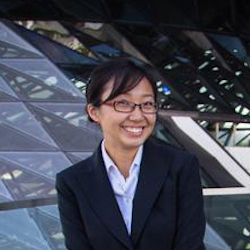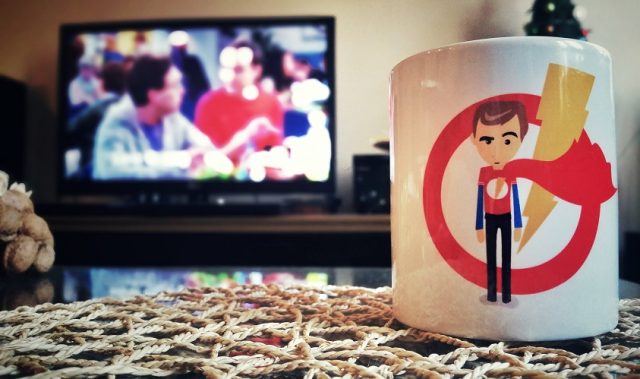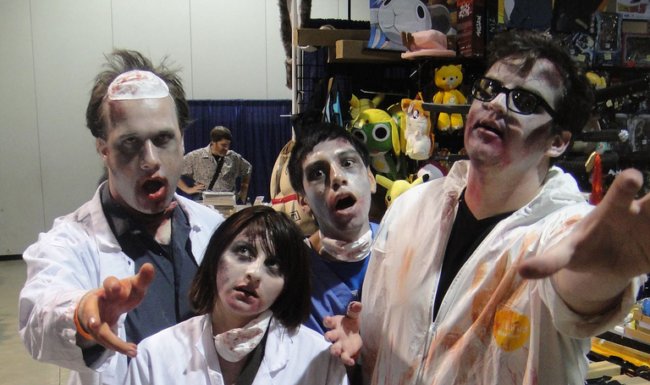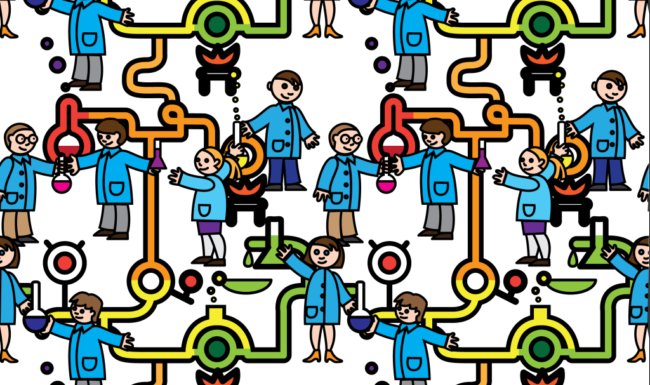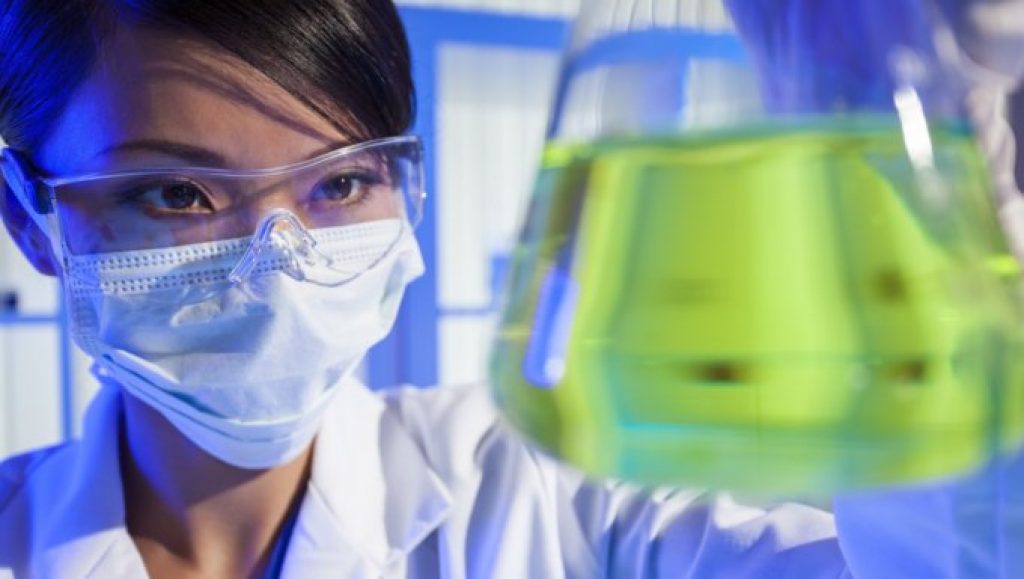
AsianScientist (Jan. 12, 2015) – As a new year begins, it’s time to enjoy a bit of scientist pride to get us ready for a big year of SCIENCE! Sure, popular media may paint as socially awkward savants and it might be true for a percentage, but we all know that we are so much better than that. The reality is that scientists are just more special than ordinary people, and they can’t handle it. Here’s a list of things that we scientists possess that make us as group far superior to all the others out there.
Lab skills = life skills
In my old place of employment, there was a department that held an annual cooking competition that was the stuff of legend. But this was no ordinary cooking competition—this was an intense battle for lab pride and bragging rights for an entire year. The rumor was that some labs wouldn’t hire a person unless they could demonstrate that they could cook. And quite frankly, I don’t think I know a single scientist who can’t cook! Think about it—we’ve spent so many hours refining our abilities to measure, pour, and add different substances to one another, checking our results, and refining our protocols that making a cake is no challenge. Although… whether our cooking is actually edible or not is another thing completely.
We have the answers
Possessing such large intellects, very few scientists are masters of only their field of work. If anything, we are receptacles for huge bodies of knowledge that can be applied at any moment. Test your colleagues—chances are that there is something who is can name all the winners and runners up of every major FIFA or UEFA tournament for the last three decades, another one who can lists four stars of any given movie, and someone who can identify pop songs after listening to a few bars. Basically, we are the ultimate pub trivia team.
If we don’t have the answers, application of Scientific Method to all aspects of life will bring them
The fact is, as smart we are as a whole, we don’t have all the answers (otherwise we wouldn’t be working in research, duh). But people want answers, answers to the really important questions in life so they come to us to give it to them. For example, a British colleague swore up and down that Snickers bars from the UK were superior to the local ones in Australia. But was this in fact the case? There was only one way to determine whether he was correct. That’s right: a single-blind study where the highly international staff were to taste pieces of Snickers from Australia or from bars flown in directly from London and to mark which ones they preferred. After using our top level dissection skills to cut the bars into equal bite-sized morsels with an appropriate n, the results were in—he was correct. Next study: trying to determine whether there is a correlation between the smelliness of cheese and how delicious it is.
Nothing fazes us
I had my wisdom teeth out recently and this experience has fully convinced me that scientists are a much harder, much stronger breed than your ordinary person. Well biomedical scientists in any case. Post-surgery, while an economist friend was freaking out about blood coming out of my mouth and nose, who was the one casually cleaning it up? That’s right, the biomedical researcher. When I showed my male significant other (a non-scientist!) my bag of bloody teeth, his reaction was a wimpy, “That’s disgusting!” Compare that to my female science buddy—when I warned her that the photo was a bit gory, her reply was, “Puhleaze, I kill and dissect small animals for a living, as if some bloody teeth will bother me.”
Nothing stops us
How many people do you know have a minimum of two university degrees, work crazy long daytime hours, then continue working at home, and probably continue onto the weekend, for not very much money? If you said everyone in your department from Phd student and up, you’re not alone (especially if you work in Academia). Just think… we all chose to work as crazily as we do.
Because we do what we do
And on that note, when it all boils down to it, we do what we do because what we all do is awesome. Every day when we wake up and go to work, we’re out there figuring out how to find new sources of energy, create new materials to use, develop treatments for various diseases, improve the speed of the internet—basically, we’re rocking the lives of everyone on this planet. How many accountants or lawyers can say that?!
So you go out there, you Scientist, and SCIENCE THE HECK OUT OF 2015!!!
This article is from a monthly column called The Sometimes Serious Scientist. Click here to see the other articles in this series.
——
Copyright: Asian Scientist Magazine; Photo: Shutterstock.
Disclaimer: This article does not necessarily reflect the views of AsianScientist or its staff.




